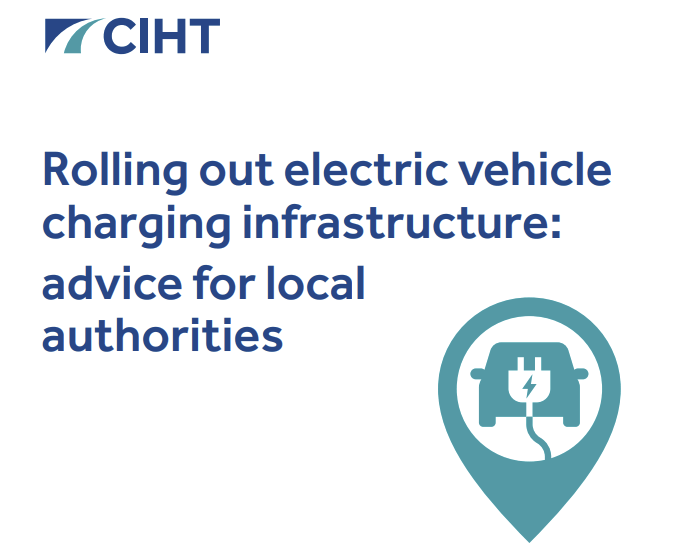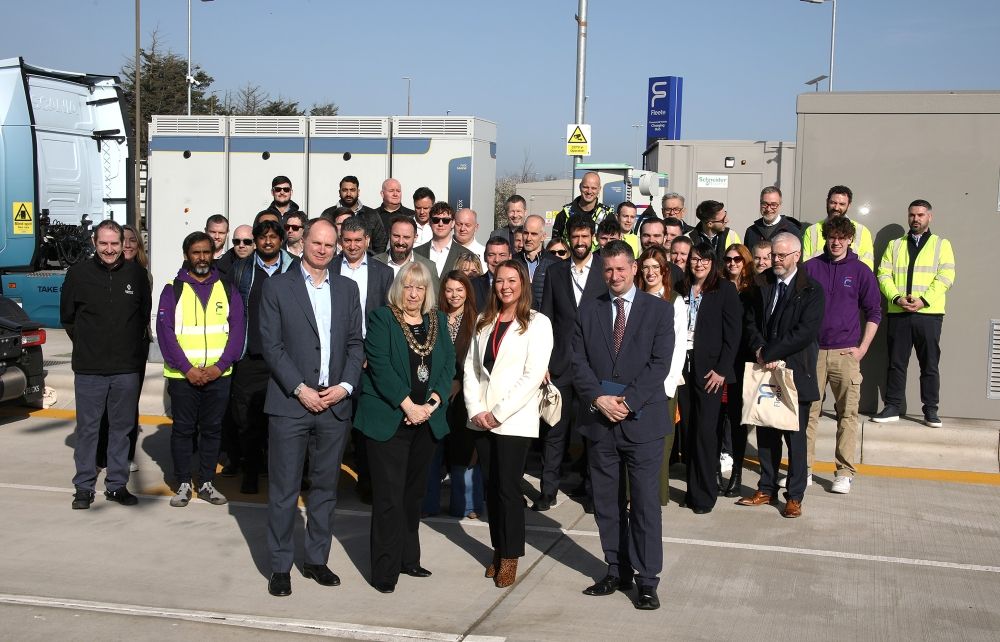Electric battery manufacturing and the transition from the use of fossil fuels to low-carbon methods offers a ‘levelling up’ opportunity, the Climate Change Committee has said.
Alongside the net-zero commitments, the CCC said there was an ‘opportunity for growth in high-quality jobs, distributing opportunities across UK regions’.
The CCC estimates the potential for ‘significant net-employment creation’ in the UK, with estimates of 135,000 to 725,000 new jobs in low-carbon sectors, including electric vehicles and renewable energy generation. But it said ‘growth of jobs is not guaranteed’ and ‘will require active reskilling and upskilling of the workforce in key areas, with the need for government support’.
Around 250,000 jobs have already been created in the transition, but the full workforce opportunities will only be realised with ‘stronger policies to harness the potential and manage the risks’, it said, and a ‘hands-off approach to the net-zero workforce from Government will not work’.
Workforce
It said the largest changes would be the sectors with a core role to play in the delivery of net-zero – but they are only a fifth of the current total workforce, including electric battery manufacturing, building, construction, retrofitting and manufacturing, which will include two-thirds of the net-zero job roles.
Around 7% of workers will be in transition from fossil fuel sectors, and less than 1% will be in areas that are phased out completely, such as oil and gas extraction.
The CCC said the UK risked ‘missing out’ with electric vehicles and battery production facing ‘competitive pressure’ from the USA and the EU. It said the UK must also ‘defend its competitive advantage in net zero sectors like hydrogen and carbon capture in the face of these new international pressures’.
But it said economically deprived areas would benefit from sector growth, including the two first major sites for decarbonised industry, The Humber and south Wales, as well as Grangemouth, Teeside, Merseyside and Southampton.
Skills
A key finding from the CCC report was that ‘government intervention is not necessary in every sector of the economy’ and just ‘clear policy direction for each sector is important’ with a ‘responsive education and skill system’.
Speaking about the findings, Chairman of the CCC, Lord Deben, said: “The UK has committed to Net Zero. The only question is whether the Government intends to get there in a way that benefits workers or leaves them behind.
“This is a unique moment to tailor our approach to skills and jobs, in the certainty of achieving the legal goal. A Net Zero workforce means secure employment for the future. This is an opportunity for the Government to bring real meaning to ‘levelling up’.”
Image from Shutterstock












